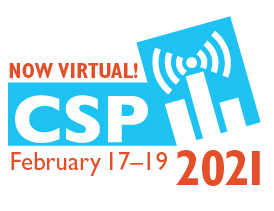All Times ET
Virtual
Calibration of a Microsimulation Model Using Approximate Bayesian Computation (304198)
Stavroula A. Chrysanthopoulou, Brown School of Public HealthRowan Iskandar, Brown School of Public Health
Eric Jutkowitz, Brown School of Public Health
*Peter Tadashi Shewmaker, Brown School of Public Health
Keywords: microsimulation, calibration, approximate bayesian computation
Microsimulation models (MSMs) make predictions by summarizing simulations at the level of individual units. MSMs are usually complex and incorporate a large number of parameters, many of which cannot be directly estimated from available data. Model calibration is the process of finding parameter values for which the MSMs output(s) fit to observed target data of interest. Calibration is especially helpful when derivation of the likelihood function is difficult or even impossible, as it is usually the case in complex predictive models. In this tutorial, we demonstrate how to implement a likelihood-free approach, the Approximate Bayesian Computation (ABC), for calibrating MSMs. We will implement and compare the results from the ABC rejection-sampler, and the ABC Markov Chain Monte Carlo algorithm using as an example discrete time MSM for dementia. We will also provide practical recommendations for certain aspects of the calibration process (e.g., number of microsimulations needed, selection of parameters to calibrate, approaches for predicting outcomes of interest, stopping rules, assessment and visualization of the results, etc.), and R code for implementing the ABC algorithm.
